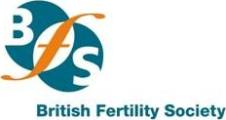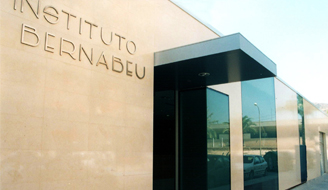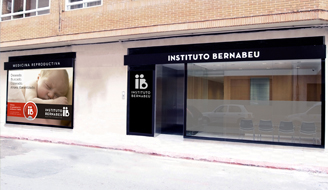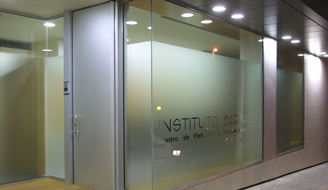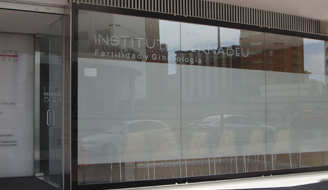IB research project on the effect of vitamin D on fertility received the best young clinician award of British Fertility Society
The study, which has received the award for best clinical research of British Fertility Society, assesses whether the lack of that vitamin in itself affects female recipients
significantly in the pregnancy rates for IVF cycles. The study also showed that six out of ten egg donors were deficient in vitamin D, but this did not affect the pregnancy rate for in vitro fertilization treatments .
The research is included in a larger project to "assess the effects of vitamin D deficiency on fertility," says Dr. Joaquin Ll. Aparicio, co-director of the Reproductive Medicine Unit of IB and one of the physicians working on the project . The goal is to "see whether the key factor is the egg or the uterus" since there is evidence that "the lowest levels of vitamin D show poorer treatment outcomes in in vitro fertilization" .
In a second study, also part of the larger project, after measuring vitamin D levels in 162 egg donors, the conclusion was that "lower levels do not mean lower prognosis."therefore "the levels of vitamin D in egg donors are not predictive of the success of treatments." The research was conducted by dividing the donors into three distinct groups according to their levels of vitamin D. "The main objective was to determine the pregnancy rate in recipients depending on the levels of vitamin D of the dono " as stated in the study . And the result was that " the pregnancy rate was no different between the three groups . "
See research
Go to research and development section
